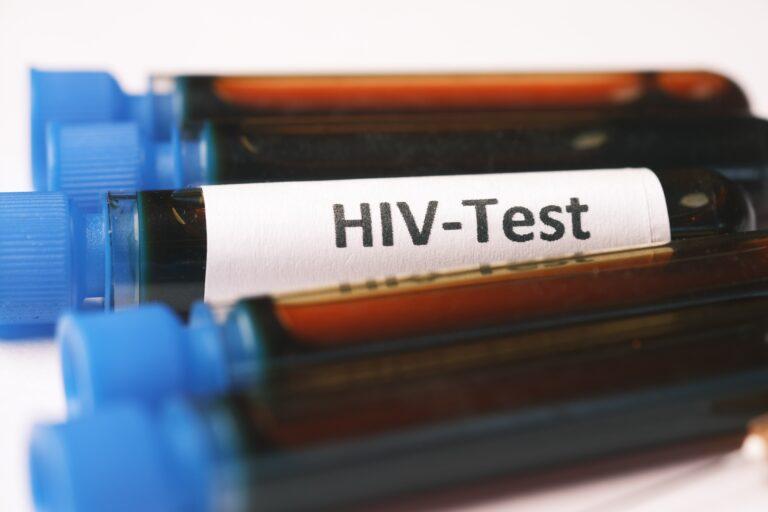COVID-19 and allergic symptoms

There is a decrease in allergies for some patients who are diagnosed with allergic rhinitis or nasal allergies, despite the ongoing COVID-19 Pandemic. According to the Centers for Disease Control and Prevention (CDC), “allergic rhinitis occurs when allergens like pollen enter your body and your immune system mistakenly identifies them as a threat.” The body releases chemicals that result in symptoms affecting the nose. These symptoms “include sneezing, runny nose, and congestion,” reports the CDC. Common allergens that affect allergy patients are dust mites, grass or tree pollen, mould, and household cleaning products. However, since the wearing of masks due to the COVID-19 Pandemic, people with nasal allergies have reduced flare ups from outdoor allergens.
“I still have time when I’m sneezing really bad, but when I go outside with my mask there is hardly any sneezing,” says allergy patient Joy Gainer (not her real name). “It was only yesterday while cleaning, my allergies act up on me worse than usual,” she added. Gainer has been an allergy patient for the past three years and is allergic to dust, mould, and strong household cleaning products like chlorine bleach. To mitigate against constant allergic flare ups, she stays away from allergens and usually medicates with diphenhydramine, commonly known as DPH, if there is a sudden allergic reaction.
Children and adults, alike, are prone to nasal allergies because of air pollutants, weather conditions and man-made products such as smoke, cold temperatures, hair sprays and perfumes, respectively. According to the CDC, allergies are the sixth leading cause of chronic illnesses in the United States of America. Additionally, many Jamaicans suffer from allergic rhinitis or nasal allergies. Therefore, allergy patients must ensure that they avoid all allergens that contribute to their condition.
Thirteen-year-old Pamela Brown (not her real name) is allergic to dust, high-scented perfumes, and cold weather conditions. “If I smell a strong perfume my eyes run and I cough, and it is the same if the time really cold with nose burning, so I cannot use them (high-scented perfumes) or strong deodorant that I like,” she said. “But I also cough and sneeze when there is too much dust, so I am always indoors,” she added.
However, coughing or sneezing due to allergic reactions are often mistaken to be flu or COVID-19. “Since the pandemic, if I hear people coughing or sneezing, mi very suspicious cause you never know if it is COVID,” says University of the West Indies student (UWI), Brandon Fuller (not his real name). “I don’t want to scorn people, but my health is important,” he added.
But allergic reactions from different allergens vary, so people are advised to seek immediate medical assistance if allergic reactions persist after self-medication. Allergic rhinitis or nasal allergies can be treated with “antihistamines like Allegra and Benadryl, nasal sprays and decongestants,” say health professionals.






